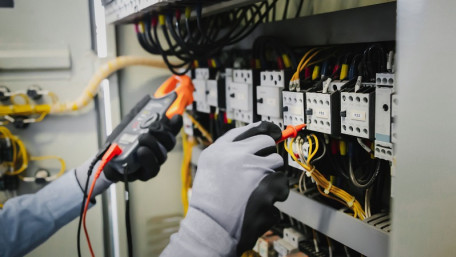
Do you know enough about electricity to poke around in a conversation, but not inside a breaker panel? Read on for an introduction to electricity in a way…
Do you know enough about electricity to poke around in a conversation, but not inside a breaker panel? Read on for an introduction to electricity in a way you’ve (probably) never heard it before!

It's important to keep your system up and running without regular intervention. While every system requires maintenance,…
It's important to keep your system up and running without regular intervention. While every system requires maintenance, never overlook the critical importance of tools and training for the operators.
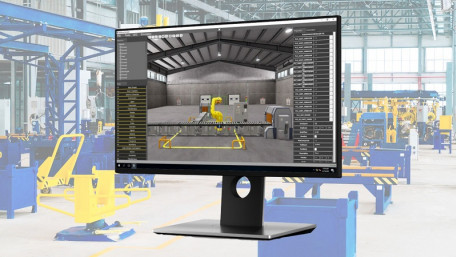
When setting up a system for the first time, the process can seem complex and daunting. However, there are tools…
When setting up a system for the first time, the process can seem complex and daunting. However, there are tools available to make the job much easier before commissioning.
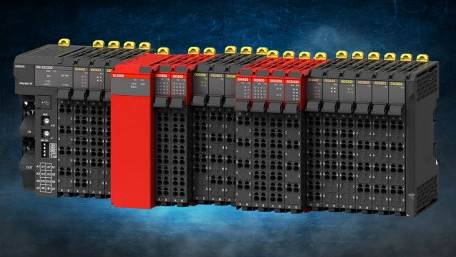
This article investigates the basic qualities that make up a safety PLC, what distinguishes a safety PLC from a standard…
This article investigates the basic qualities that make up a safety PLC, what distinguishes a safety PLC from a standard model, and the reasons for which a safety PLC may be critical.
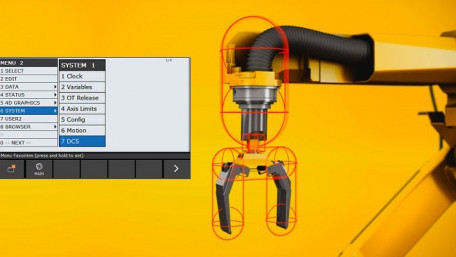
Learn about FANUC’s Dual Check Safety (DCS) system and the various methods, how to configure the DCS parameters, and…
Learn about FANUC’s Dual Check Safety (DCS) system and the various methods, how to configure the DCS parameters, and how to avoid and resolve issues associated with DCS positional alarms.
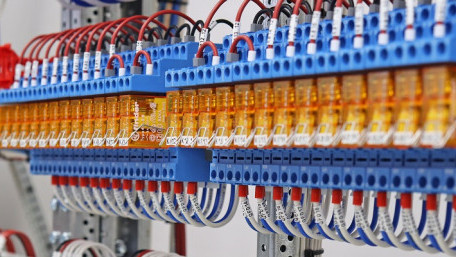
Have you ever heard of a relay? Of course you have. There are many different kinds, plus hundreds of different trade…
Have you ever heard of a relay? Of course you have. There are many different kinds, plus hundreds of different trade lingo names. What are some of the most common, and how do we use them?
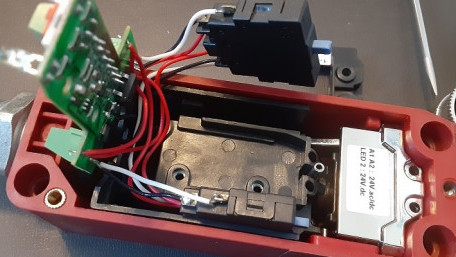
Safety devices have two main purposes, both of them meant for (you guessed it) safety. They protect both machine and…
Safety devices have two main purposes, both of them meant for (you guessed it) safety. They protect both machine and operator from harm. But what’s inside, and how do these switches work?
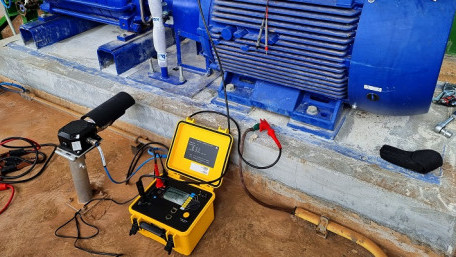
Within motors, two very different types of resistance are evident. The resistance of the windings is measured with a…
Within motors, two very different types of resistance are evident. The resistance of the windings is measured with a normal multimeter. But what is insulation resistance, and how is it measured?
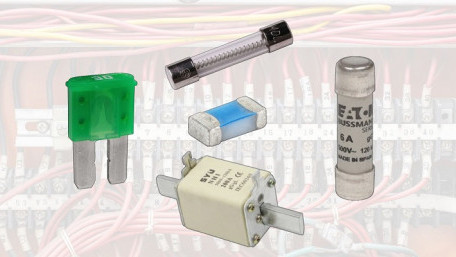
Protecting equipment and personnel from overcurrent dangers, like sparks and fires, is the primary job of the humble…
Protecting equipment and personnel from overcurrent dangers, like sparks and fires, is the primary job of the humble fuse, one of the most basic, yet critical of all safety devices.
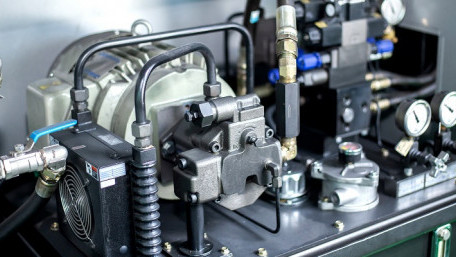
Pressures are always rising and falling in fluid systems. Sometimes the changes are extreme and lead to damage. What…
Pressures are always rising and falling in fluid systems. Sometimes the changes are extreme and lead to damage. What causes problematic pressure changes, and how can you trace them to their source?
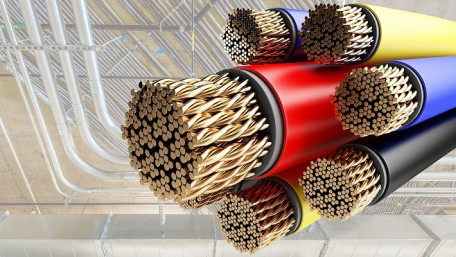
Current flow in wires is often modeled with a perfectly circular cross-section, with the size of the wire being…
Current flow in wires is often modeled with a perfectly circular cross-section, with the size of the wire being responsible for the maximum current. This is true, but there’s more to the story.
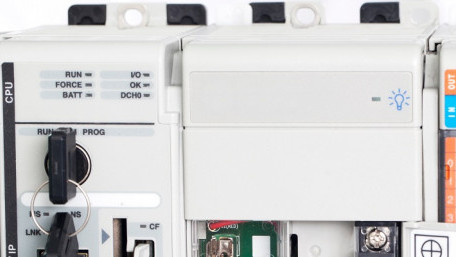
A PLC can be placed in Run or Stop, or occasionally Program mode, usually through physical or virtual methods. But what…
A PLC can be placed in Run or Stop, or occasionally Program mode, usually through physical or virtual methods. But what do these modes mean, and when should they be used?

When beginning a new career, an obvious question is how to take positive steps, from your first day inside the plant all…
When beginning a new career, an obvious question is how to take positive steps, from your first day inside the plant all the way to becoming an experienced senior operator.
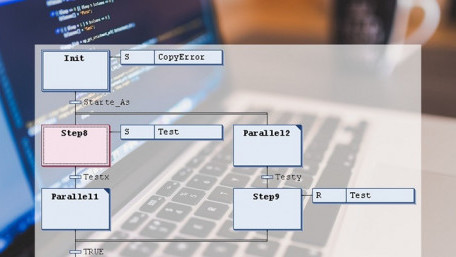
Sequential function charts (SFCs) are a great tool when processes require sequence control, but things can get…
Sequential function charts (SFCs) are a great tool when processes require sequence control, but things can get complicated fast. Here are some ways to create better SFC programs and applications.
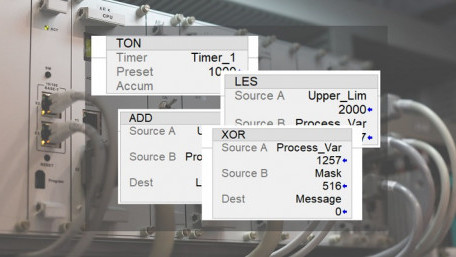
Function block diagram (FBD) programming is a common language for PLCs following the IEC 61131 standard. What is FBD, and…
Function block diagram (FBD) programming is a common language for PLCs following the IEC 61131 standard. What is FBD, and how does it differ from the familiar ladder logic programs?
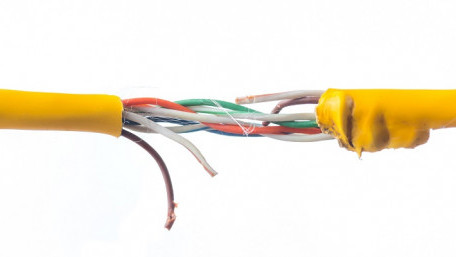
Whether working with measurement tools or process controllers, it is important to recognize faulty display values and the…
Whether working with measurement tools or process controllers, it is important to recognize faulty display values and the best ways to fix them.

Understanding the building blocks of s-domain analysis and magnitude response theory can go a long way in helping…
Understanding the building blocks of s-domain analysis and magnitude response theory can go a long way in helping engineers predict how and why some system design choices are made over others.
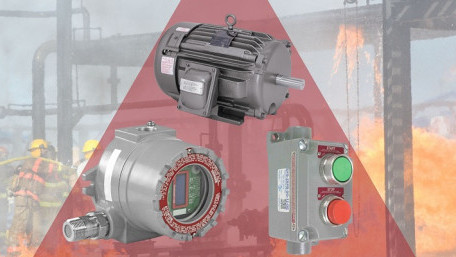
Some workplaces are more dangerous than others, not because of the practices, but rather the products. Where do…
Some workplaces are more dangerous than others, not because of the practices, but rather the products. Where do explosions occur, and what practices exist to reduce such risk for equipment and workforce?
Industrial robots are becoming safer and more economical by utilizing safety signals over Ethernet networks via CIP…
Industrial robots are becoming safer and more economical by utilizing safety signals over Ethernet networks via CIP safety technology.
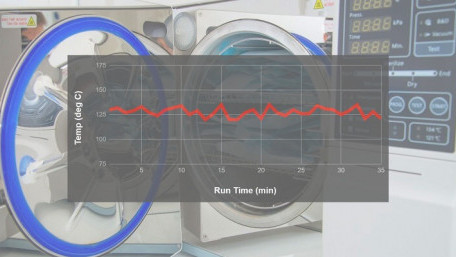
Temperature profiling is an effective tool to monitor thermal properties in process equipment. This article defines…
Temperature profiling is an effective tool to monitor thermal properties in process equipment. This article defines temperature profiling, discusses the process components, and describes the various benefits it offers.
